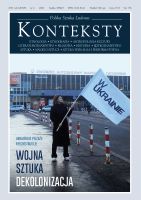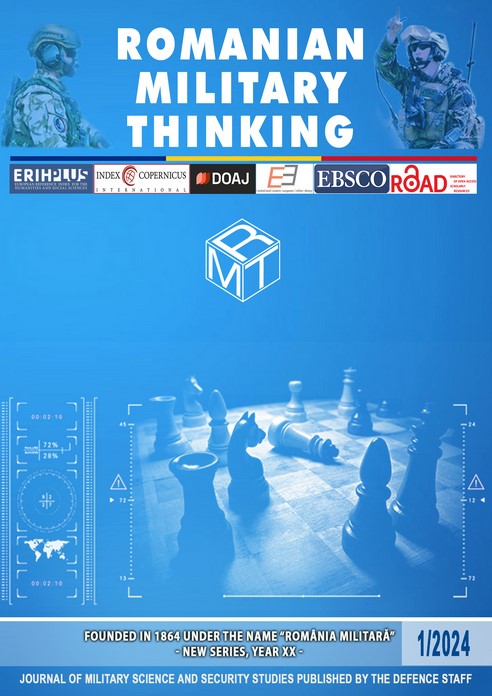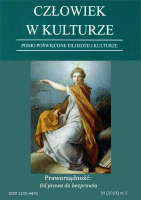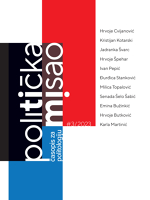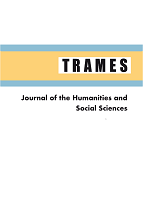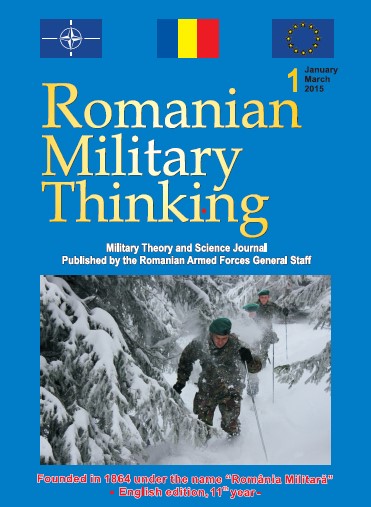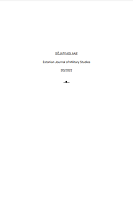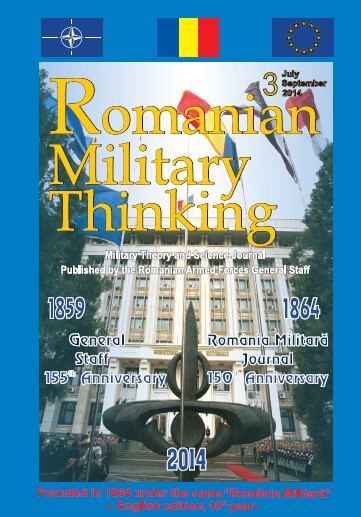Author(s): Olena Pavlova,Iryna Kuchynska,Volodymyr Gorbalinskiy,Oksana Volodina,Bogdana B. Melnychenko / Language(s): English
Issue: 4/2023
The war that Russia started against Ukraine in 2022 shook the whole world. However, it is worth noting that the conflict has been going on since 2014, when Russia annexed Crimea and supported terrorist groups in eastern Ukraine. The study of the Russian-Ukrainian conflict is relevant for several reasons. Firstly, it is an acute political problem that affects the state of affairs in the region and relations between the two states. It not only threatens the stability in Europe, but also threatens to destroy the entire modern system of international law. Secondly, the Russian-Ukrainian conflict has deep historical roots that need to be understood in order to find ways to resolve it. Studying the history and culture of these two nations, as well as their relationship, can help us understand the causes of the conflict and how to hold Russia accountable. Thirdly, the Russian-Ukrainian conflict is an example of the relationship between two states with different political, economic, and cultural systems. The study of the conflict can help to better understand these systems and their interactions. The study of the Russian-Ukrainian conflict is a relevant and important task for politicians, scholars, and the public, as it can help find ways to achieve Ukraine’s victory, punish Russia, establish stability in the region, and prevent future conflicts. The purpose of the article is to analyze the historical retrospective of the development of Russian-Ukrainian relations and Russia’s oppression of the Ukrainian people. In addition, the author examines the current preconditions of the conflict. The article also reveals the reaction of the international community to the current conflict and all the illegal acts committed by Russia. The article also aims to suggest ways to overcome the civilizational conflict between the countries.
More...
